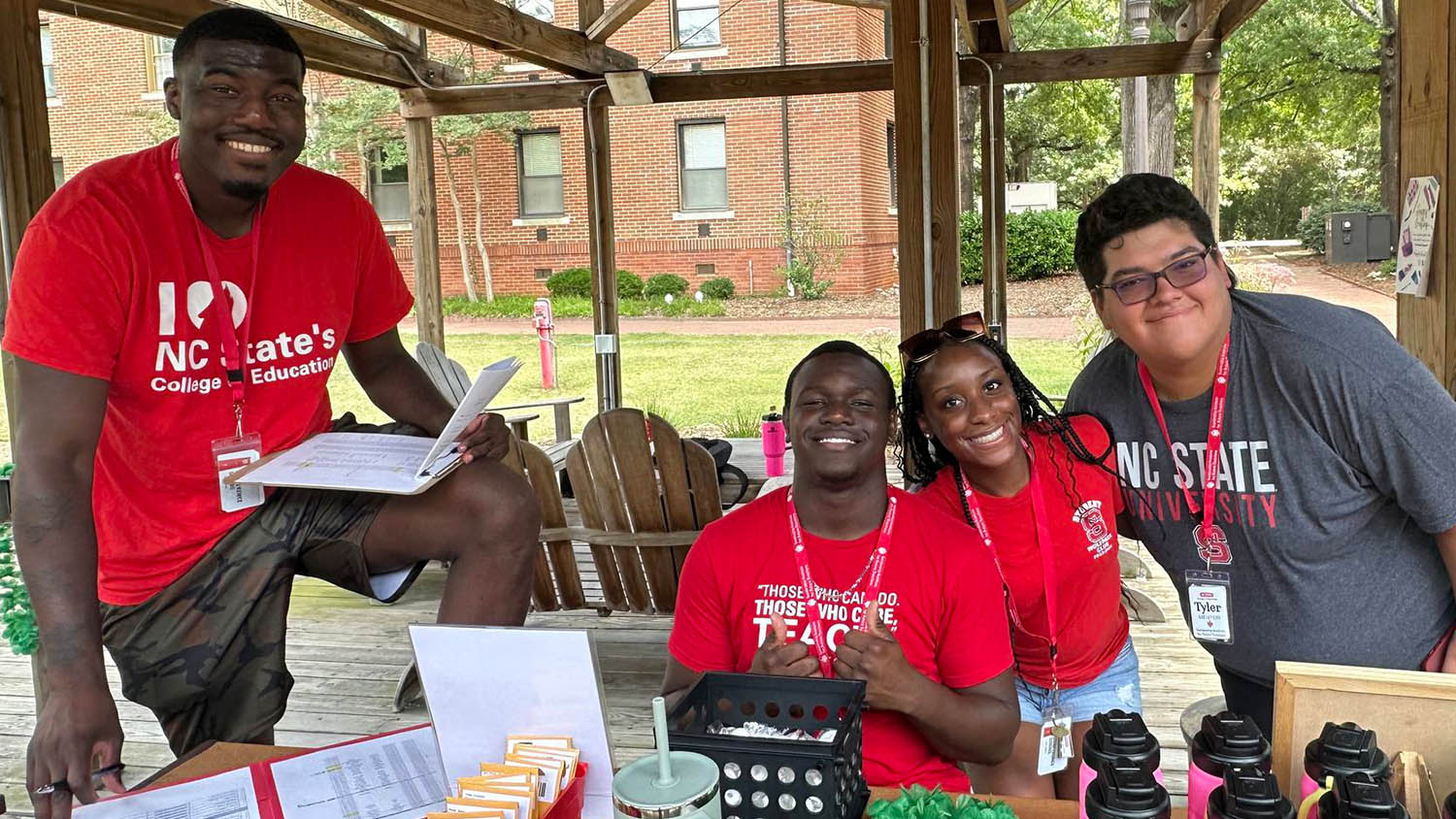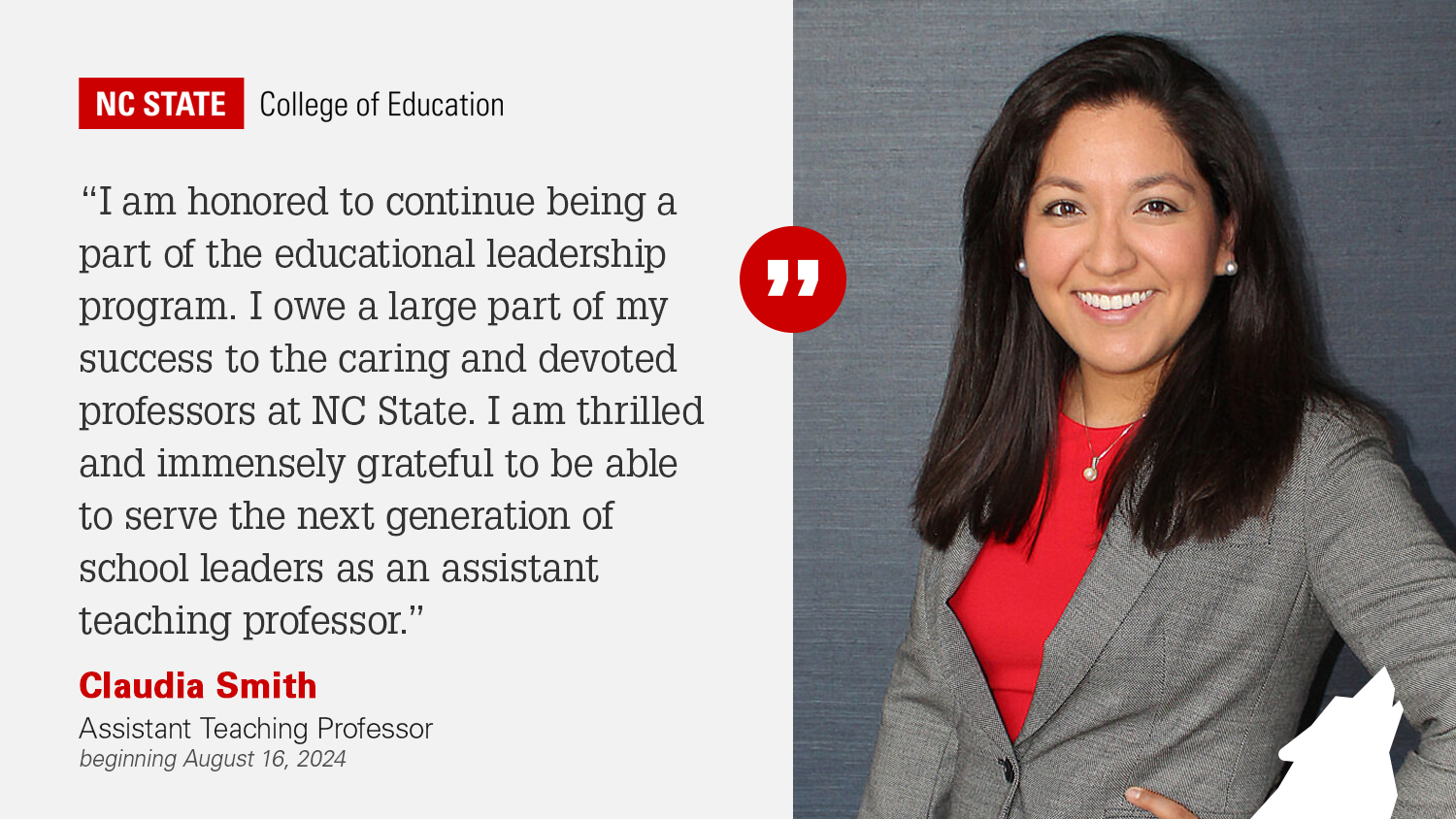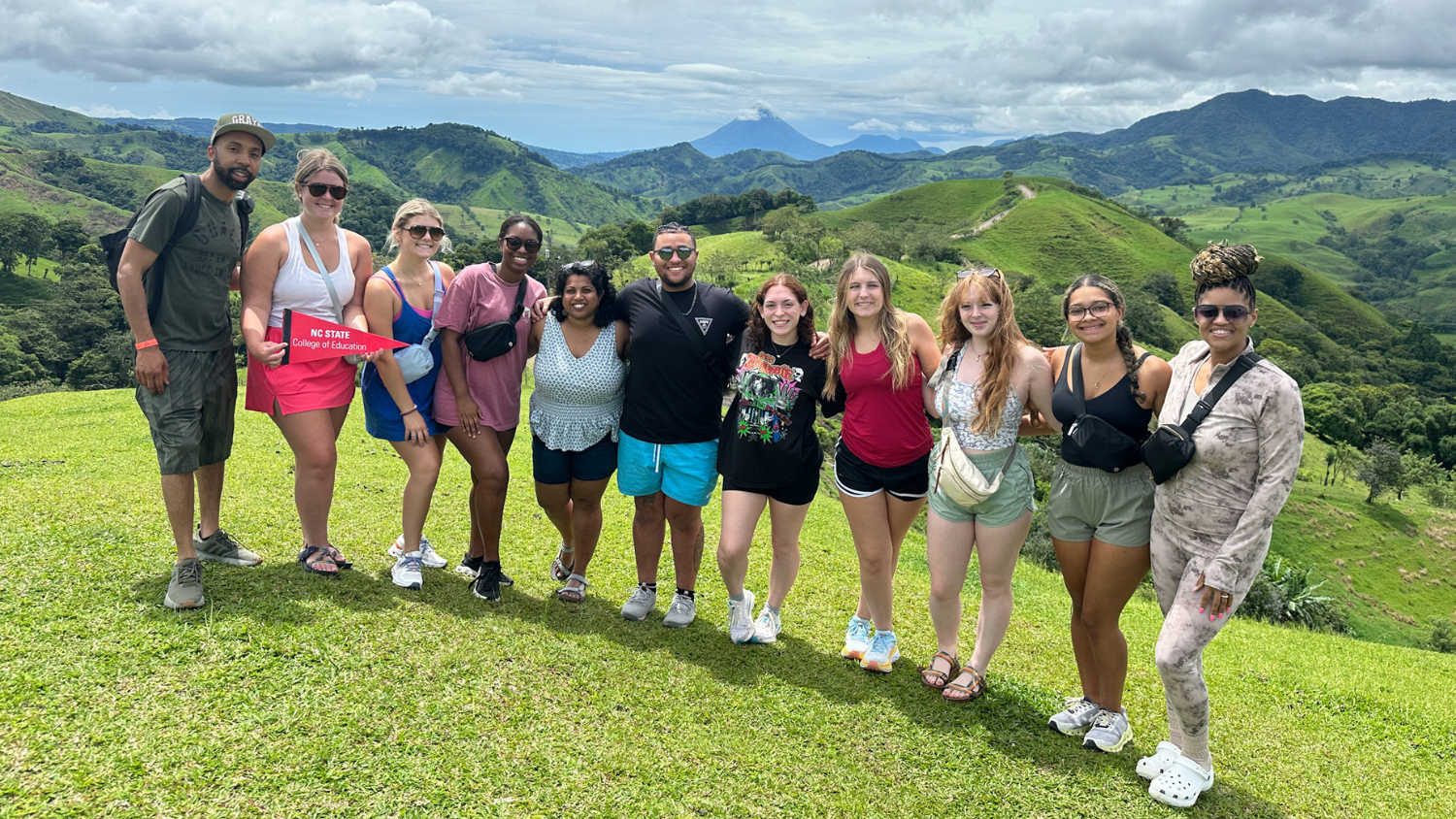NC State College of Education Students Lend a Helping Hand, Find Creative Ways to Support Educators and Each Other Amid COVID-19 Outbreak

As North Carolina and the nation work to combat the spread of the coronavirus (COVID-19), education is moving online and into the home, which has brought on additional stress and anxiety for students and educators.
In an effort to support each other and the communities they serve, students from the NC State College of Education are using the skills and knowledge they’ve gained through coursework and research to lend a helping hand.
Here are a few of our students who are lending a helping hand during this unprecedented time.
NC State Education Scholar Creates Online Learning Materials for Cooperating Teacher
When NC State Education Scholar and middle grades English Language Arts and social studies education major Meghan Thomas ‘20 started student teaching at Hickory Ridge Middle School this spring, she had no idea that she was going to have a very different experience.
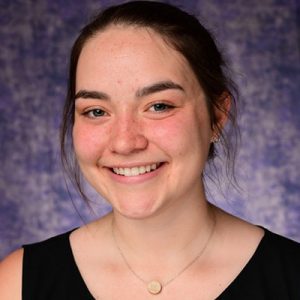 With the coronavirus (COVID-19) outbreak forcing schools and educational institutions all over North Carolina and the nation to move to online classroom instruction, Thomas felt it was important for her to step in and offer assistance to her school and her cooperating teacher.
With the coronavirus (COVID-19) outbreak forcing schools and educational institutions all over North Carolina and the nation to move to online classroom instruction, Thomas felt it was important for her to step in and offer assistance to her school and her cooperating teacher.
“I believe it takes many different people chipping in to make this work. During this process, I am just trying to be as helpful to my cooperating teacher and my students as possible,” she said.
In the NC State College of Education, Thomas has attended courses and trainings surrounding online instructional tools. Therefore, she had the knowledge and experience to help. Now, she is making supplemental material that is engaging for her students. She creates videos, music and interactive activities that are put online for the students to complete.
“The College of Education truly prepared me for a world of teaching that is entirely online,” Thomas said. “I feel competent in using these online tools, and it has helped my confidence in planning, as well as my ability to create new material for my students.”
At the end of her student teaching, Thomas plans to stay in Cabarrus County as part of the NC State Education Scholars Program and teach at a middle school. As an NC State Education Scholar, Thomas will receive a $10,000 financial award if she teaches for at least two years in Cabarrus County after completing her student teaching there and graduating.
Counselor Education Graduate Student Offers Virtual Coaching to Students
For Ashtyn Coates ‘21MED, working with college students has always been a passion, which is why she works full time as the coordinator of student and young alumni programs for the NC State Alumni Association. But her ultimate goal is to work in advising or career coaching.
 Coates graduated from NC State with a psychology degree in 2018 and immediately enrolled in the Master of Education in College Counseling and Student Development program.
Coates graduated from NC State with a psychology degree in 2018 and immediately enrolled in the Master of Education in College Counseling and Student Development program.
She currently serves as a graduate intern for the NC State College of Education’s Office of Student Success and Advising, where she meets with students one-on-one to assist and guide them through academic difficulties related to time management or study skills and personal or social difficulties, as well as career counseling.
“Through this experience with the College of Education, I have found that I truly enjoy this setting,” she said. “Ultimately, I just want to be able to impact college students and be a part of a positive college experience for each student I come into contact with.”
When the coronavirus (COVID-19) outbreak forced the university to move all courses to an online format, Coates wanted to use the skills and knowledge she’s gained throughout her coursework and her passion for students to do something to help the college community.
“The college experience involves many different aspects, including academic, social and personal,” Coates said. “These students are juggling and dealing with more things than we can imagine, all while trying to be a successful student. And now, their whole routine has been turned upside down. Many of these students need structure and being at home may not provide that for them, along with losing their social aspect physically.”
As a result, Coates is offering virtual coaching to all College of Education students. Virtual coaching is accountability from someone at the university who isn’t an “authority figure” and who isn’t a friend. Through coaching, she offers career assessments, mindfulness activities, time management assistance and tips, and academic and study skills.
She wanted to provide coaching for these students in an effort to create a new routine and try to keep as much structure in their days as possible. It is important, she says, for students to learn how to manage their time and structure their routine in a way that best fits them during this time and in their specific circumstances.
Coates offers 30-minute sessions and will continue to offer them through the end of the semester. So far, more than 25 students have registered.
“I just want students to feel as supported as possible during this time. If I can be a part of that solution and a part of that process, then I am the lucky one,” she said. “What matters most is that our students in the College of Education feel supported now, more than ever.”
Doctoral Student Provides Mental Health Workshop to College of Education Students
With an educational background in psychology and clinical mental health counseling, BJ Durham ‘22PHD has always had a passion for helping people. He came to the NC State College of Education because of its counseling and counselor education program.
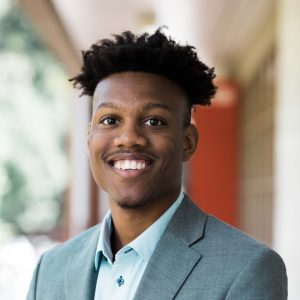 Currently pursuing a Ph.D. in Educational Leadership, Policy, and Human Development in the program area of study in counseling and counselor education, Durham works at the Community Counseling Education and Research Center (CCERC) on campus and serves as a graduate assistant in the Office of Graduate Student Support Services.
Currently pursuing a Ph.D. in Educational Leadership, Policy, and Human Development in the program area of study in counseling and counselor education, Durham works at the Community Counseling Education and Research Center (CCERC) on campus and serves as a graduate assistant in the Office of Graduate Student Support Services.
“I decided to pursue a career in counseling and counselor education to help people achieve a holistic, wellness-driven life and to help develop the next generation of counselors,” Durham said. “I would like to instill in the students that, in my opinion, being a counselor is about authenticity, and we cannot help our fellow humans without seeing our own humanity first.”
As a graduate assistant, Durham is responsible for developing a weekly newsletter for graduate students, creating innovative ideas and executing workshops and programs that help graduate students experience an easier transition into graduate school by giving them the tools to be successful. He also helps with graduate student recruitment efforts.
So when the coronavirus (COVID-19) outbreak forced classes to move to online instruction, it was nothing for Durham to want to step in and help. With experience in planning and executing programs, he decided to host a mental health workshop for College of Education students called C.A.L.M.: Coping with Anxiety and Living Mindfully.
C.A.L.M. was an interactive presentation in an effort to get students aware of their every day anxieties and the source of their anxieties, as well as finding healthy coping mechanisms to have as an outlet when things get challenging or rough, he said.
His inspiration for the event came from realizing and observing how much stress and anxiety graduate school brings on students. He says that graduate students, all too often, lose their identity outside of being a student and it takes a mental, physical and social toll on them. Durham wanted to give students some ways to combat those moments.
“This is a time of transition and uncertainty. One of the topics we talked about was how a routine can be very helpful at this point in time,” he said. “I was hoping students could benefit by learning more about themselves and being aware of how things affect them daily.”
The College of Education has prepared Durham for a time like this through his coursework and through support from his professors, he says. His professors always teach about making things your own and utilizing your own skills to make that difference. And so, Durham saw a need that needed to be addressed and he used the skills that he had to address it.
- Categories:
